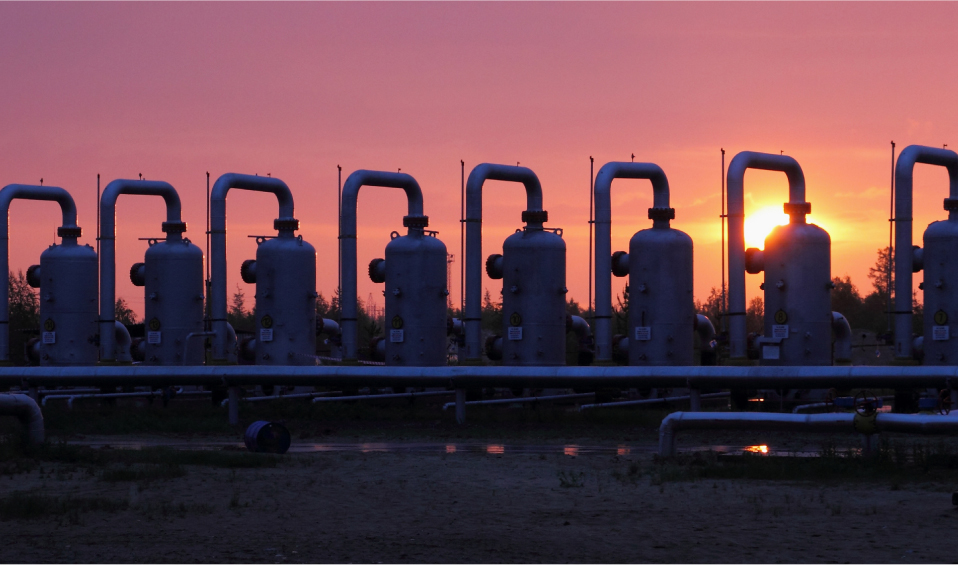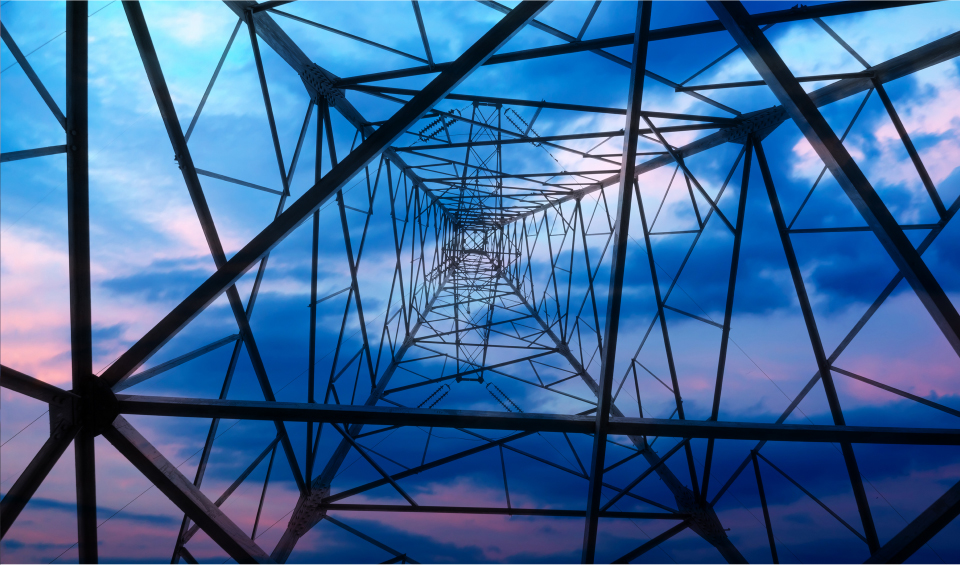
Thanks to ESCP Business School's Energy Management Centre wide network in the academic and business communities, our views on energy news give you comprehensive insight into energy issues.
Please join us...
The five year stalemate around the giant gas field named Leviathan, located offshore Israel, might be finally resolved after a chain of events alarmed politicians and energy strategists in the only patch of land with not a drop of oil. Personally Israeli Prime Minister Benjamin Netanyahu stepped into the ring, displaying readiness to take the full responsibility for precipitating the stalled project against all odds, which are many. But first came the lightening news of the Italian energy major Eni discovering the Zohr gas deposit offshore Egypt with an estimated resource bas of some 850 bcm (the largest find since 1967). It turned into a game changer, diminishing the prospects of Israel to reach out to potential customers in Egypt and, for fear of Zohr’s export potential, to other energy hungry clients in the vicinity.
The gas bonanza, which befell Egypt, led to a close shave vote in the Knesset that approved a controversial framework deal on the Leviathan field development by a consortium of Houston-based oil company Noble Energy and Israeli company Delek Group.
In mid-January, Greece paved the way for an accelerated economic and trade engagement of the basically de-sanctioned Iran by purchasing the first batch of barrels of Iranian oil.
The reinstatement of Iran as a bona fide partner was later impressively manifested by the European tour to Italy and France by its President Hassan Rouhani, who netted quite remarkable benefits thus providing an unequivocal answer to the question used as a title for his study by expert Euler Hermes “Iran: Back in the game?” Indeed, this is a comeback for the 80-million nation, heir of the Persian Empire, and the would-be new regional leader.
The end of October was marked by two surprising moves by the European Commission toward the Russian gas giant, Gazprom.
After years of confrontation Brussels decided to permit Gazprom to use almost 90% of the OPAL gas pipeline, located in Eastern Germany. Almost simultaneously there were information leaks about a deal between the two players on the competition case. Apparently, both sides found a way to settle the row in a satisfactory way.




527 Finchley Road
London NW3 7BG
United Kingdom
Tel: +44 (0)20 7443 8800
Fax: +44 (0)20 7443 8845
E-mail: [email protected]










